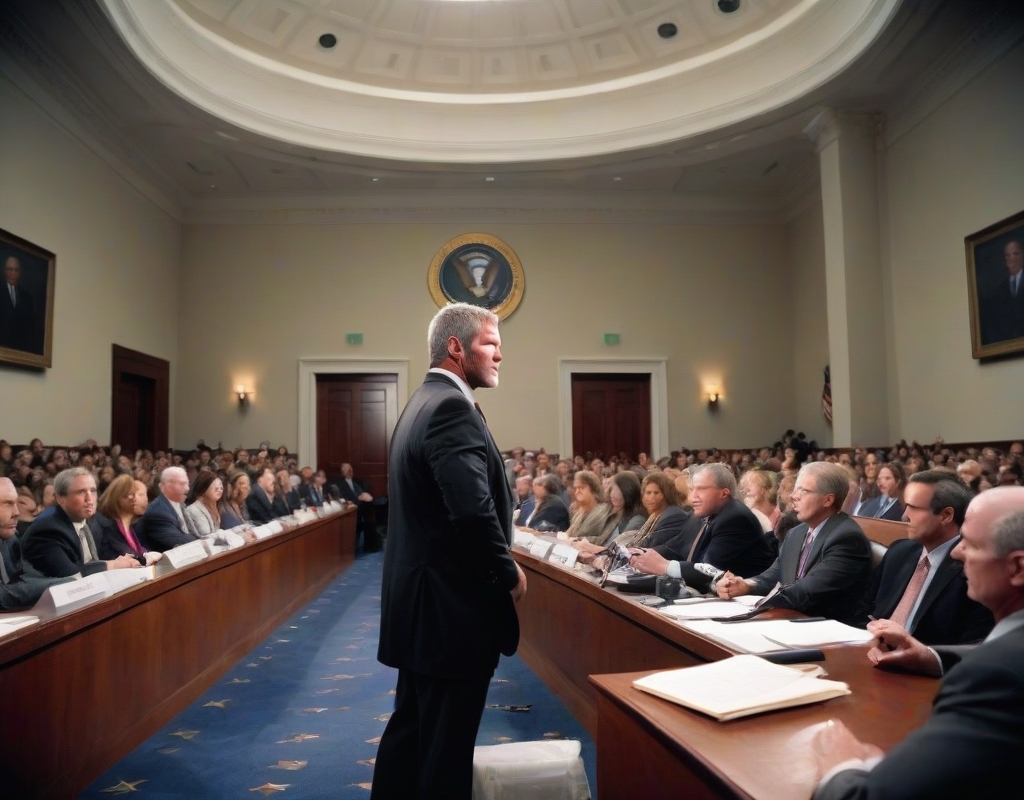During a welfare reform hearing in Washington, D.C. on Tuesday, legendary Green Bay Packers quarterback Brett Favre disclosed that he has been diagnosed with Parkinson’s disease. The 54-year-old football star revealed this significant personal health news as he began his statement, focusing as well on his support for a new concussion medication being researched by Prevacus.
In his address, Favre expressed his disappointment over losing an investment in what he hoped would be a groundbreaking drug for concussion treatment. He said, “Sadly, I also lost an investment in a company that I believed was developing a breakthrough concussion drug I thought would help others.”
The admission was both a personal reflection and a professional disclosure for Favre. He highlighted the importance of his condition by stating, “And I’m sure you’ll understand why it’s too late for me, because I’ve recently been diagnosed with Parkinson’s. This is also a cause dear to my heart.”
Described by the National Institute of Aging, Parkinson’s disease is a nervous system disorder that leads to progressive deterioration of motor control, including tremors, stiffness, and issues with balance and coordination. Although there is no cure for Parkinson’s disease currently, several treatments can help manage symptoms and improve quality of life.
Back in 2018, Favre mentioned in an interview that he remembered only about “three or four” concussions from his two decades in the NFL, suspecting the actual number could be much higher, potentially over a thousand.
Favre’s disclosure underscores the lasting impacts of sports-related head injuries and accentuates the ongoing need for advanced preventive measures and treatments. His involvement in promoting awareness and supporting research for concussion treatment highlights his dedication to improving athlete health and contributing to the community.
As Favre faces this latest personal challenge, he continues to embody perseverance and determination. His advocacy efforts in Parkinson’s awareness and concussion research are set to motivate and influence many in the athletic community and beyond.




